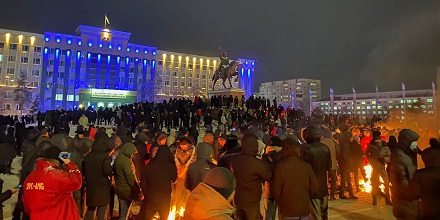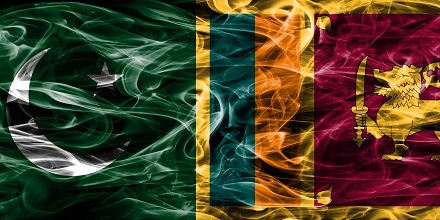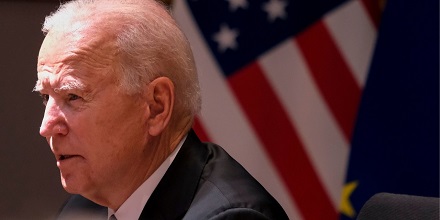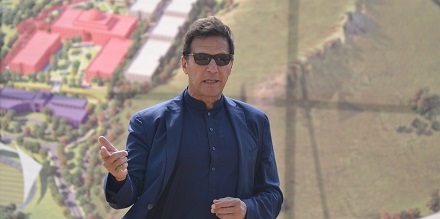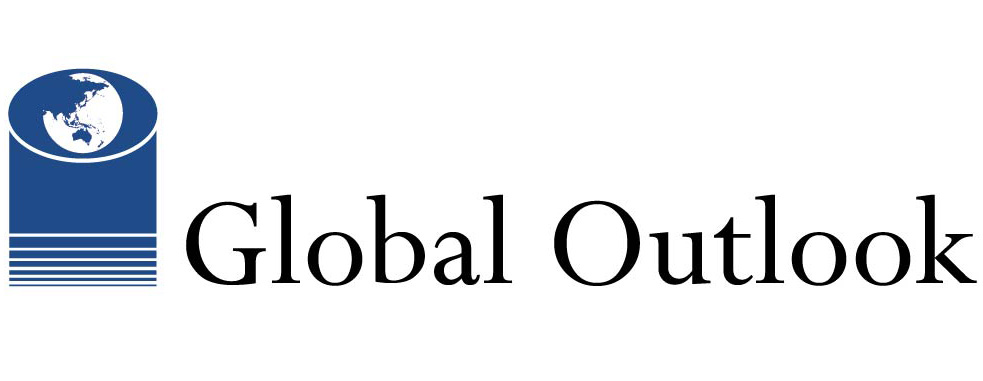
Curated expert opinion on intractable contemporary issues
Global Outlook: Contemporary Peace Research and Practice
Kazakhstan Crisis Could Prove Costly for Putin
By Amin Saikal | 11 January, 2022
The nationwide public unrest in oil-rich and mineral-endowed Kazakhstan, triggered by a hike in fuel prices, has its roots in deeper governance problems and societal demands for structural reforms since the country’s declaration of independence from the Soviet Union in 1990. The upheaval has presented a serious challenge not only to Kazakhstan’s authoritarian regime, but also to Russia. It has carried the potential to destabilise what Russia considers its ‘near abroad’ or zone of security and interests.
What the Sialkot Lynching Means For South Asia?
By Chulanee Attanayake and Chirayu Thakkar | 24 December, 2021
On December 03, 2021, the South Asian headlines were dominated by the unfortunate lynching of a Sri Lankan factory manager, Priyantha Kumara. An Export Manager working in Pakistan since 2010, Priyantha Kumara, was beaten, killed and set on fire for removing posters with religious verses printed on them. The mob construed this as an act of blasphemy. The gruesome incident shook the conscience of many, with protests sparked within Pakistan and demands for justice in Sri Lanka.
The EU Sidelined?
By Herbert Wulf | 10 October, 2021
Two unilaterally taken foreign and security policy decisions by the Biden administration within a few weeks made Europeans stand there at a loss. Since the departure of Donald Trump as President of the United States, has only the tone in transatlantic relations changed but not the substance of the "America first" policy?
Why Peace and Conflict Studies Remain Essential Part II
By Oliver Richmond | 04 October, 2021
So what next for Peace and Conflict Studies (PCS) after the systemic transition we currently appear to be undergoing? Peace and conflict studies, despite the positives noted in Part 1, failed to see much of this recent phase coming (with some honourable exceptions) when in the past it had been a lone voice in the desert in the run up to new wars.
Why Peace and Conflict Studies Remain Essential Part I
By Oliver Richmond | 03 October, 2021
Global tectonic plates are shifting, geopolitically and environmentally, as well as in epistemological terms. Conflict indicators and related data are flashing red across the spectrum. This is despite some dreadfully self-centred and Euro-centric, journalistic analyses that suggest violence has permanently declined.
Pakistan: Back to the Future?
By Samina Yasmeen | 01 October, 2021
After 20 years of American and NATO occupation, the Taliban takeover in Kabul might seem like a return to a pre-9/11 Afghanistan with a Pakistan-supported regime in power. Yet, 20 years on, fundamental differences present significant difficulties for all the powers in the region.
The views and opinions expressed in Global Outlook are those of the authors and do not necessarily reflect the official policy or position of Toda Peace Institute.
Kazakhstan Crisis Could Prove Costly for Putin
By Amin Saikal | 11 January, 2022
The nationwide public unrest in oil-rich and mineral-endowed Kazakhstan, triggered by a hike in fuel prices, has its roots in deeper governance problems and societal demands for structural reforms since the country’s declaration of independence from the Soviet Union in 1990. The upheaval has presented a serious challenge not only to Kazakhstan’s authoritarian regime, but also to Russia. It has carried the potential to destabilise what Russia considers its ‘near abroad’ or zone of security and interests.
What the Sialkot Lynching Means For South Asia?
By Chulanee Attanayake and Chirayu Thakkar | 24 December, 2021
On December 03, 2021, the South Asian headlines were dominated by the unfortunate lynching of a Sri Lankan factory manager, Priyantha Kumara. An Export Manager working in Pakistan since 2010, Priyantha Kumara, was beaten, killed and set on fire for removing posters with religious verses printed on them. The mob construed this as an act of blasphemy. The gruesome incident shook the conscience of many, with protests sparked within Pakistan and demands for justice in Sri Lanka.
The EU Sidelined?
By Herbert Wulf | 10 October, 2021
Two unilaterally taken foreign and security policy decisions by the Biden administration within a few weeks made Europeans stand there at a loss. Since the departure of Donald Trump as President of the United States, has only the tone in transatlantic relations changed but not the substance of the "America first" policy?
Why Peace and Conflict Studies Remain Essential Part II
By Oliver Richmond | 04 October, 2021
So what next for Peace and Conflict Studies (PCS) after the systemic transition we currently appear to be undergoing? Peace and conflict studies, despite the positives noted in Part 1, failed to see much of this recent phase coming (with some honourable exceptions) when in the past it had been a lone voice in the desert in the run up to new wars.
Why Peace and Conflict Studies Remain Essential Part I
By Oliver Richmond | 03 October, 2021
Global tectonic plates are shifting, geopolitically and environmentally, as well as in epistemological terms. Conflict indicators and related data are flashing red across the spectrum. This is despite some dreadfully self-centred and Euro-centric, journalistic analyses that suggest violence has permanently declined.
Pakistan: Back to the Future?
By Samina Yasmeen | 01 October, 2021
After 20 years of American and NATO occupation, the Taliban takeover in Kabul might seem like a return to a pre-9/11 Afghanistan with a Pakistan-supported regime in power. Yet, 20 years on, fundamental differences present significant difficulties for all the powers in the region.
The views and opinions expressed in Global Outlook are those of the authors and do not necessarily reflect the official policy or position of Toda Peace Institute.
